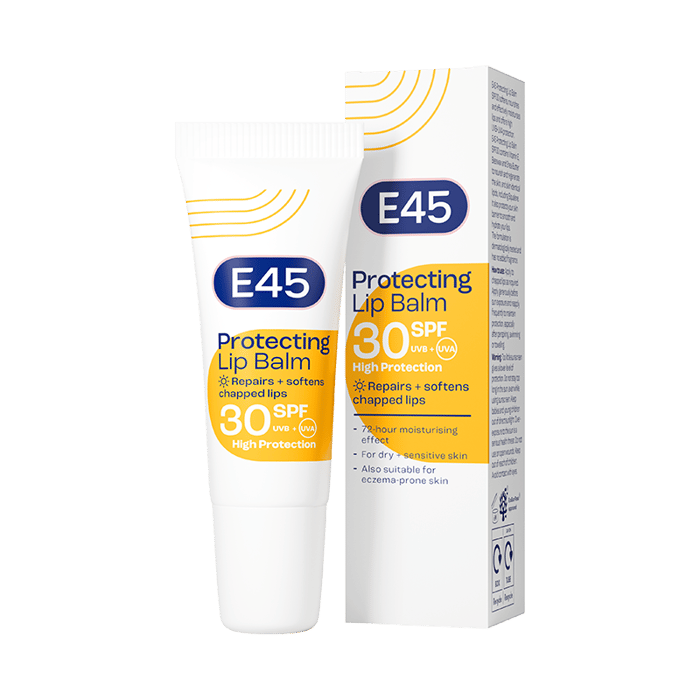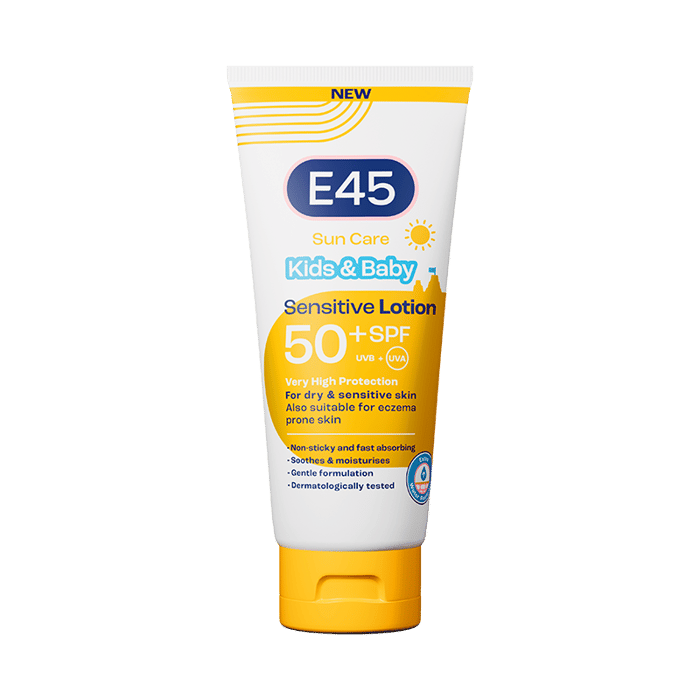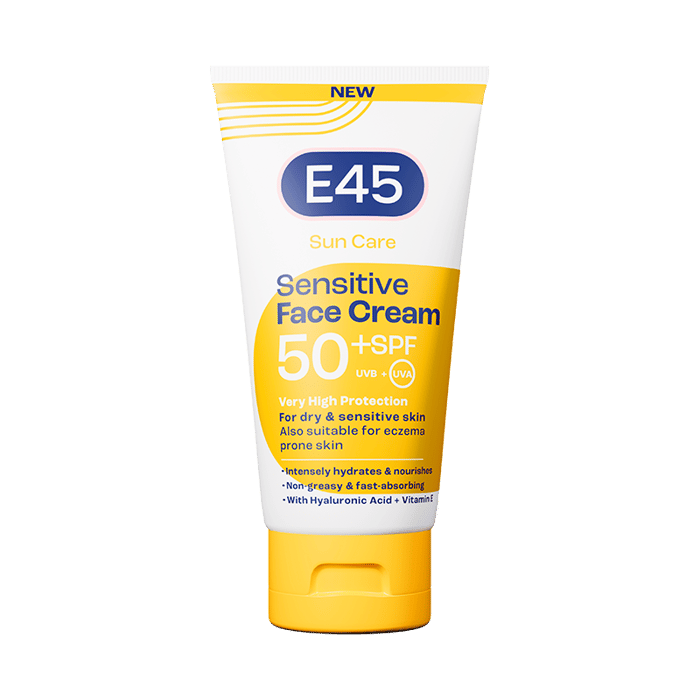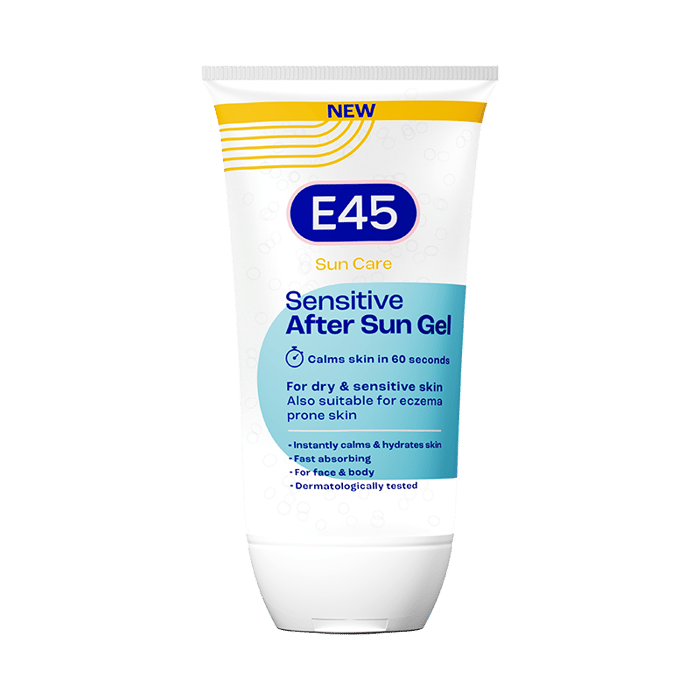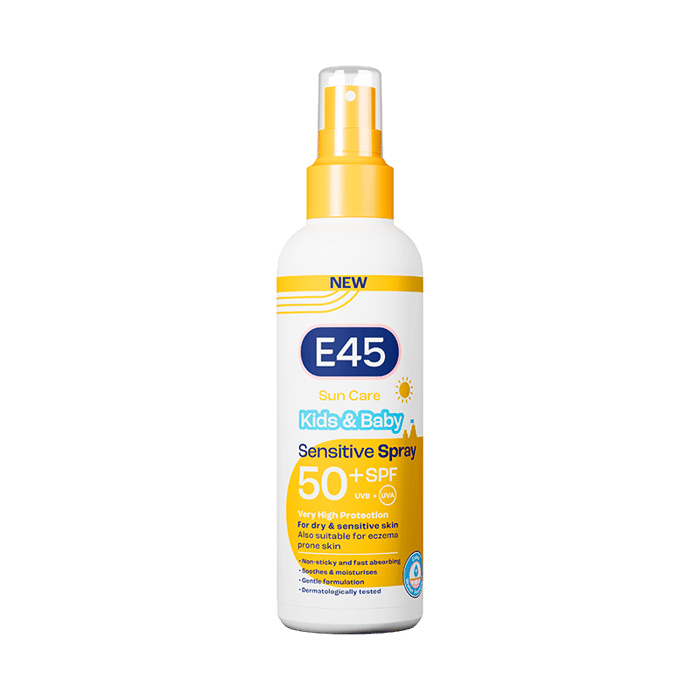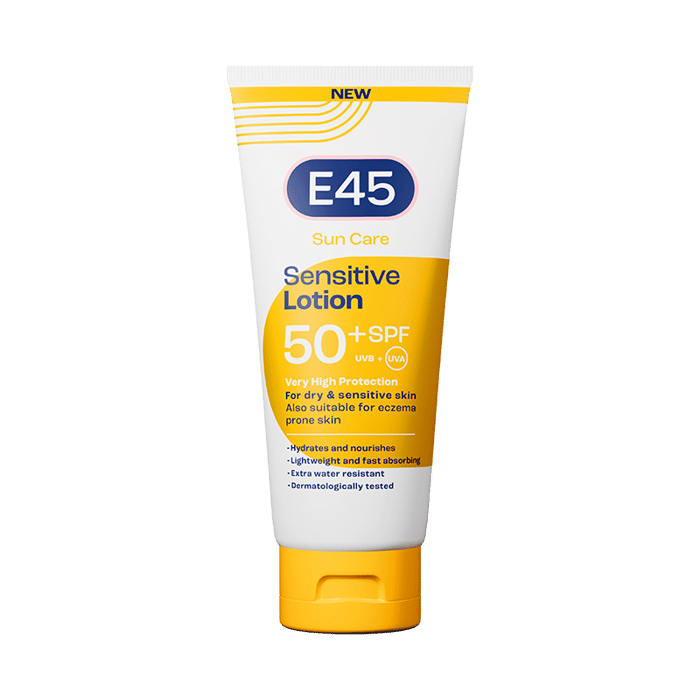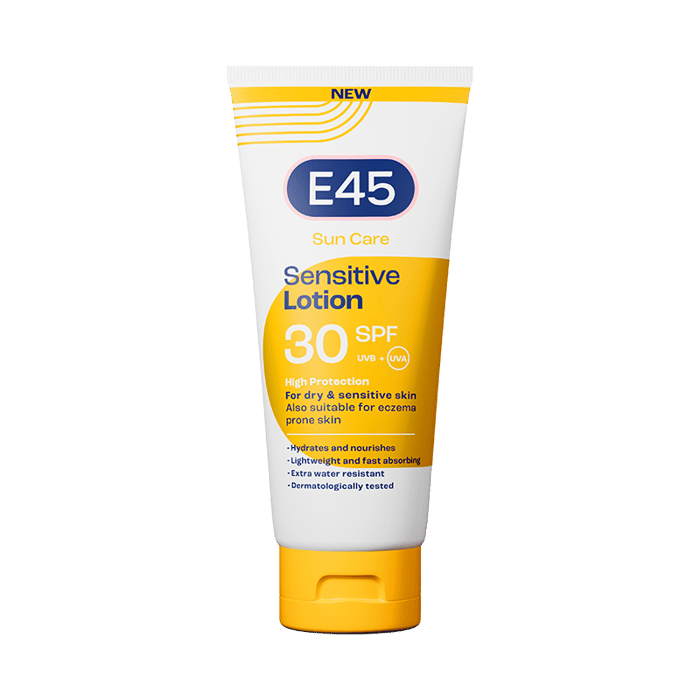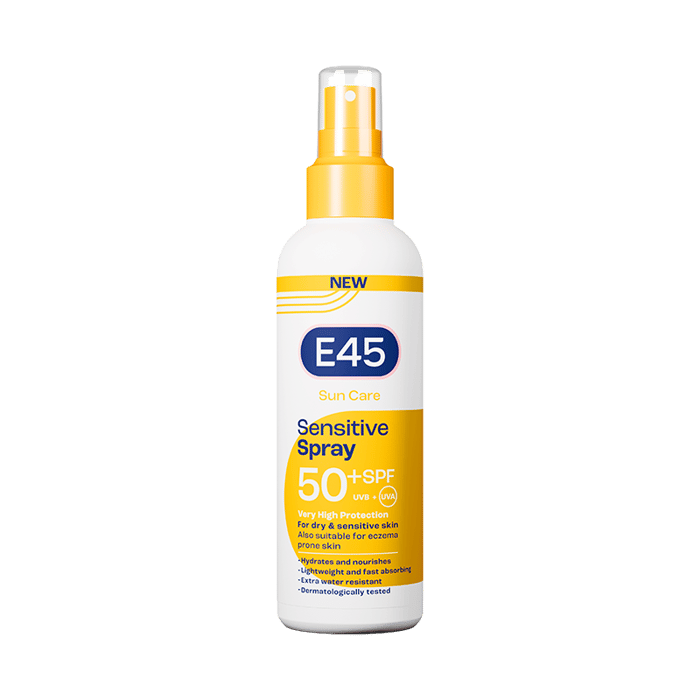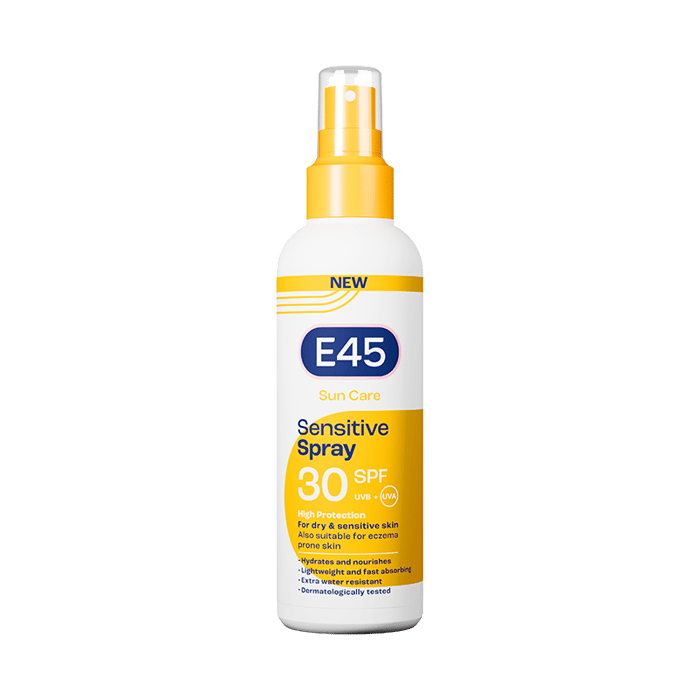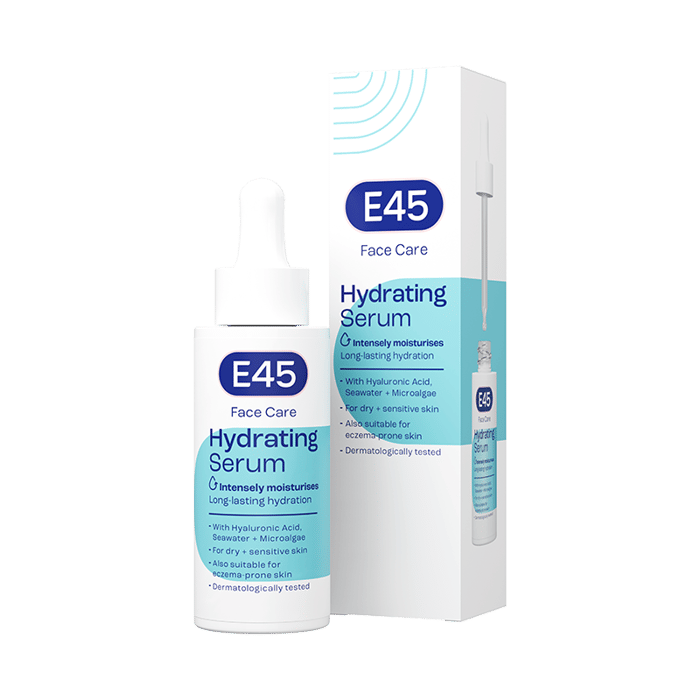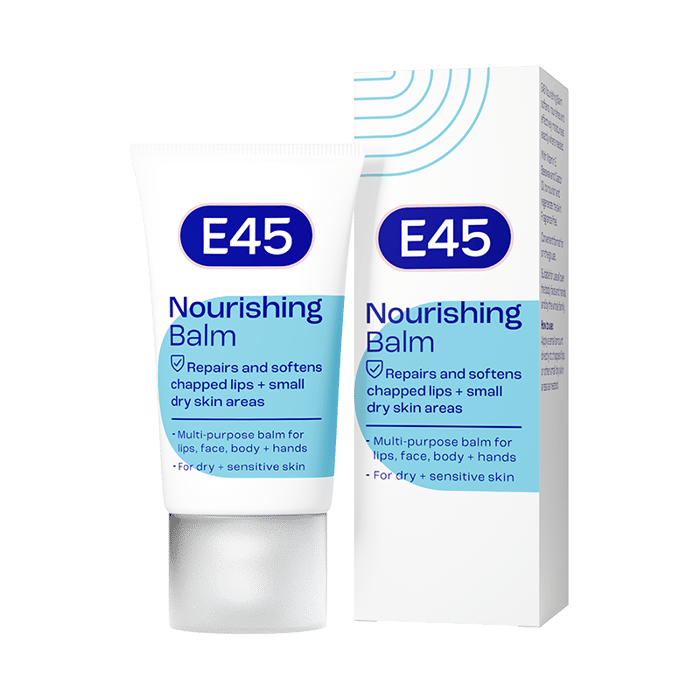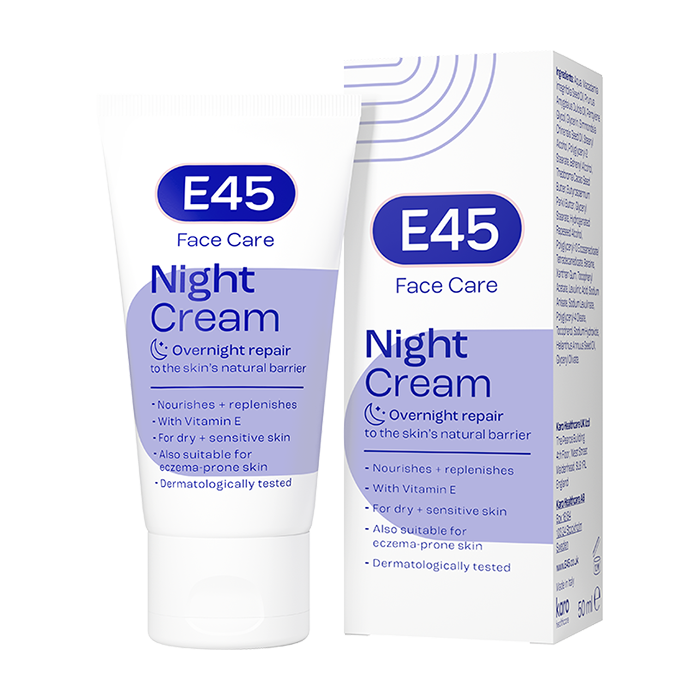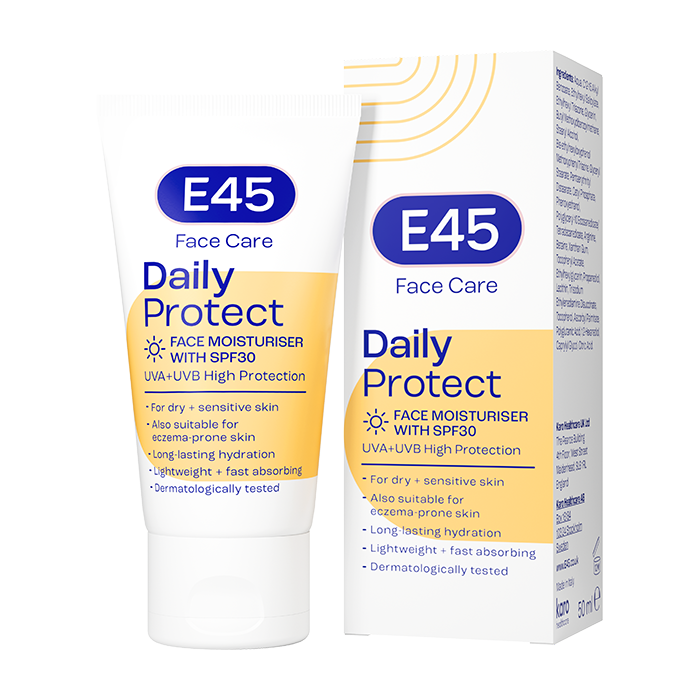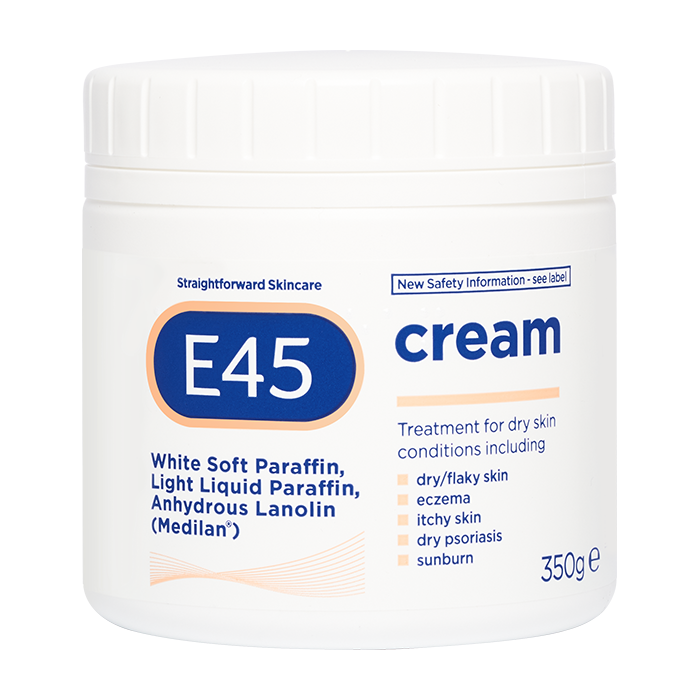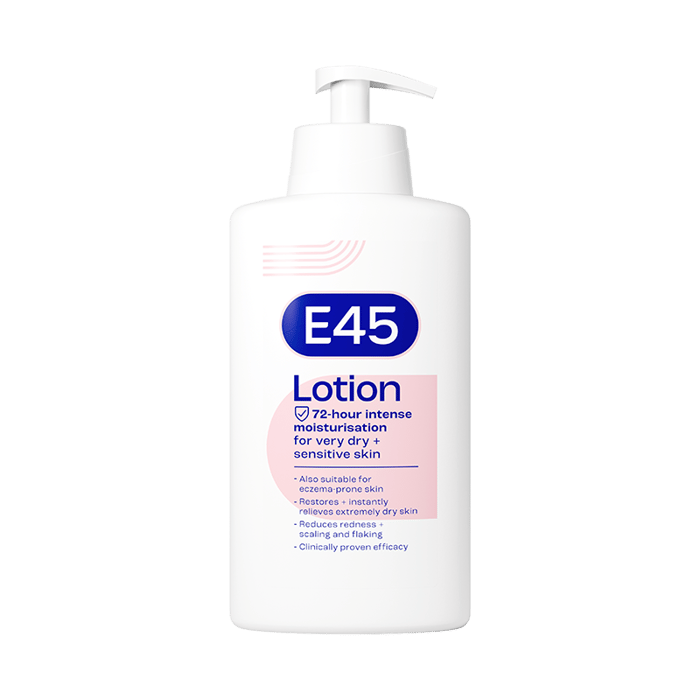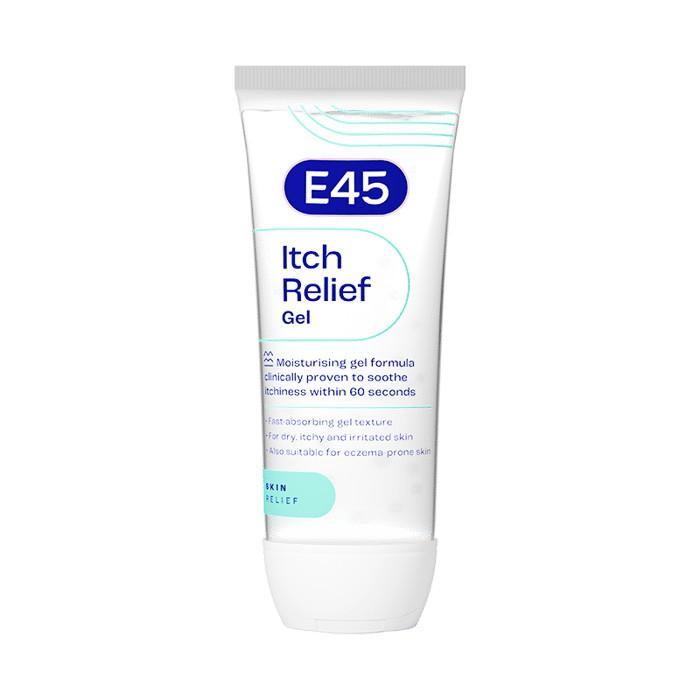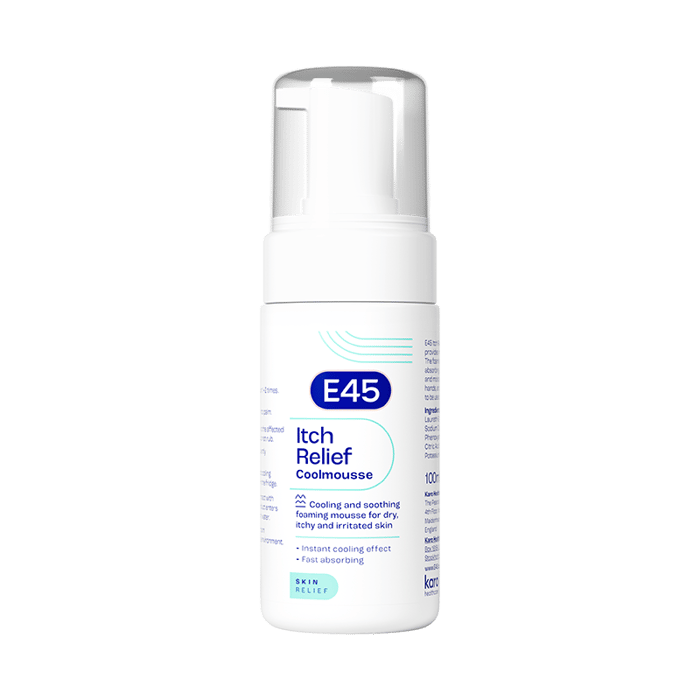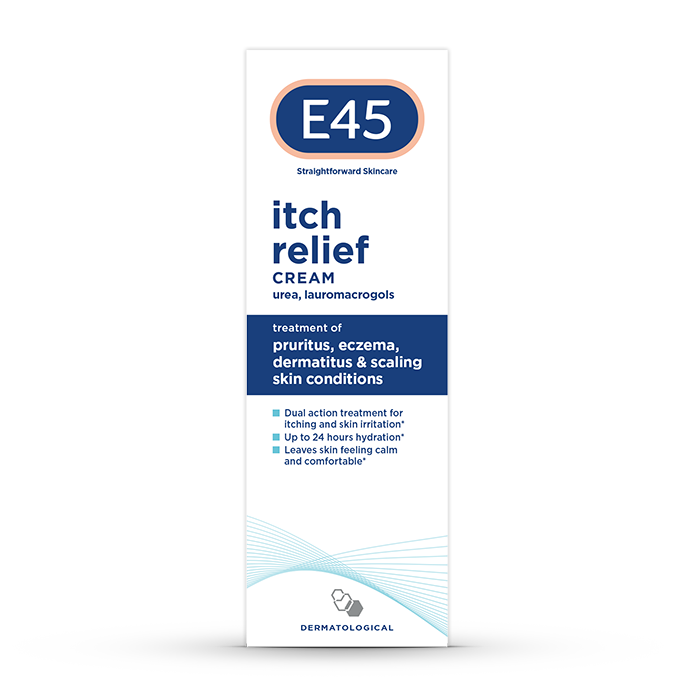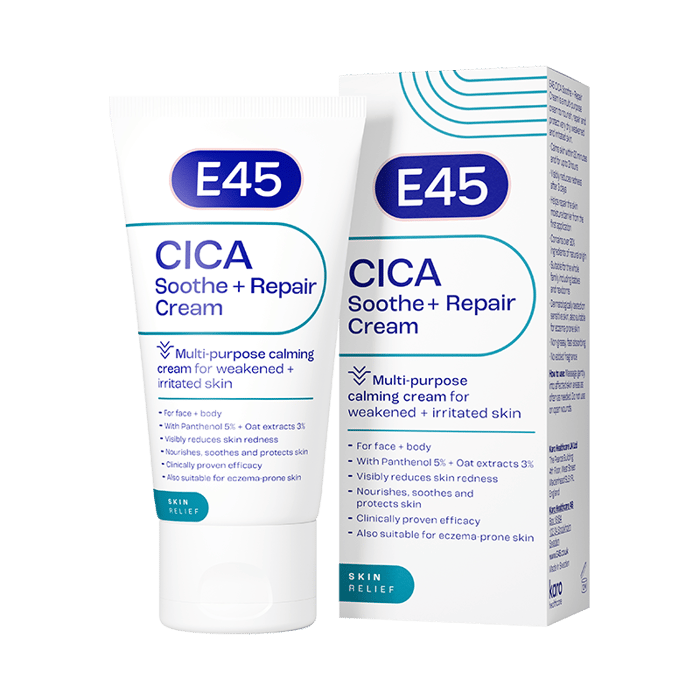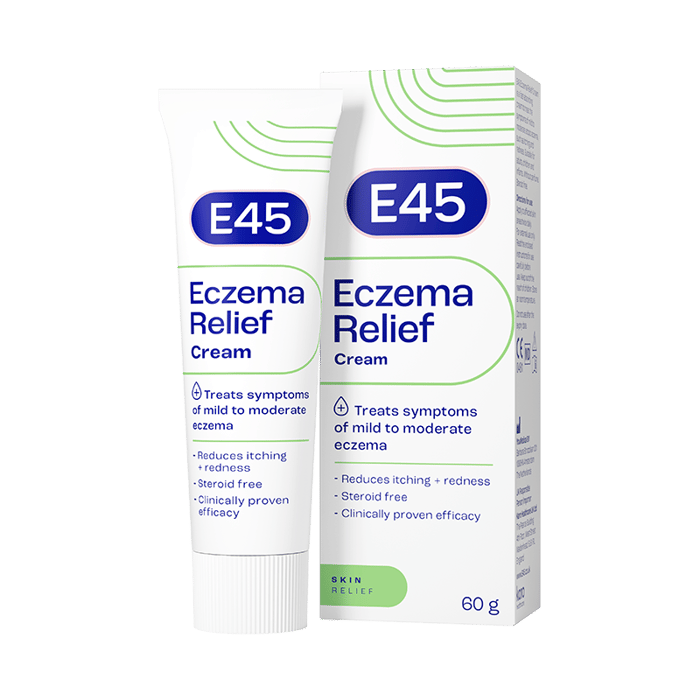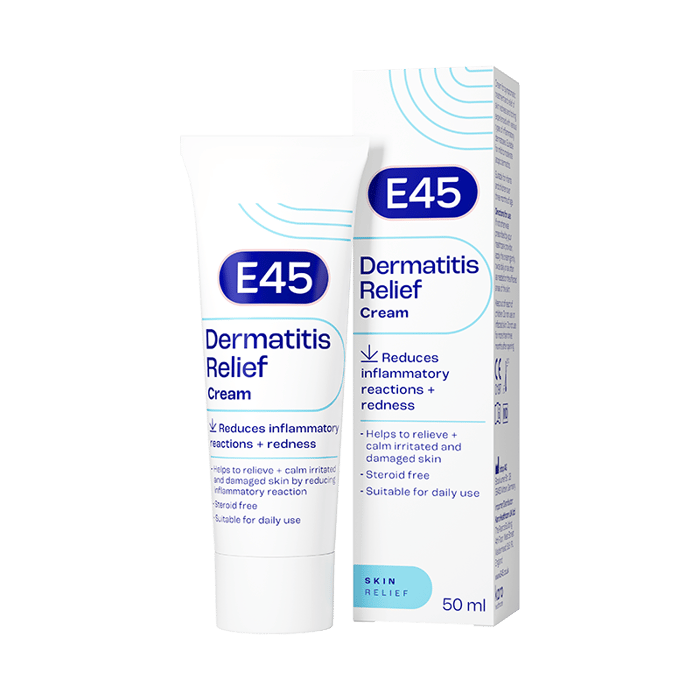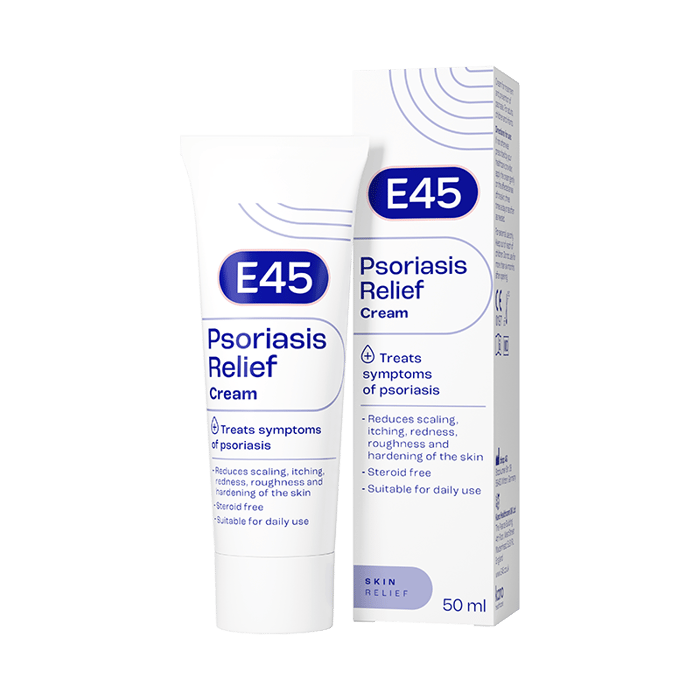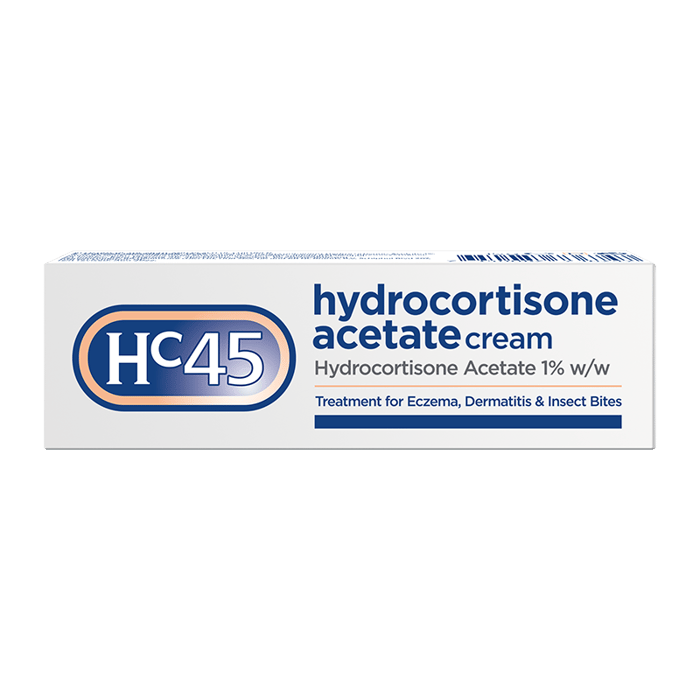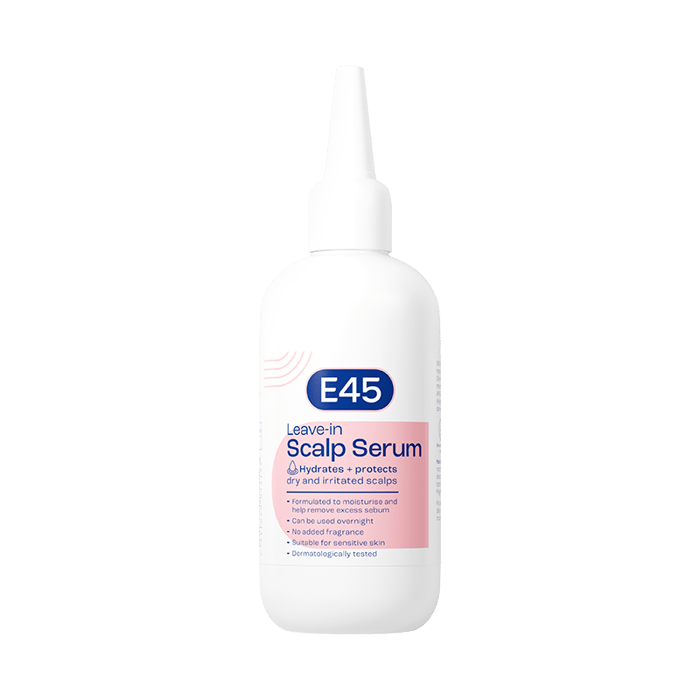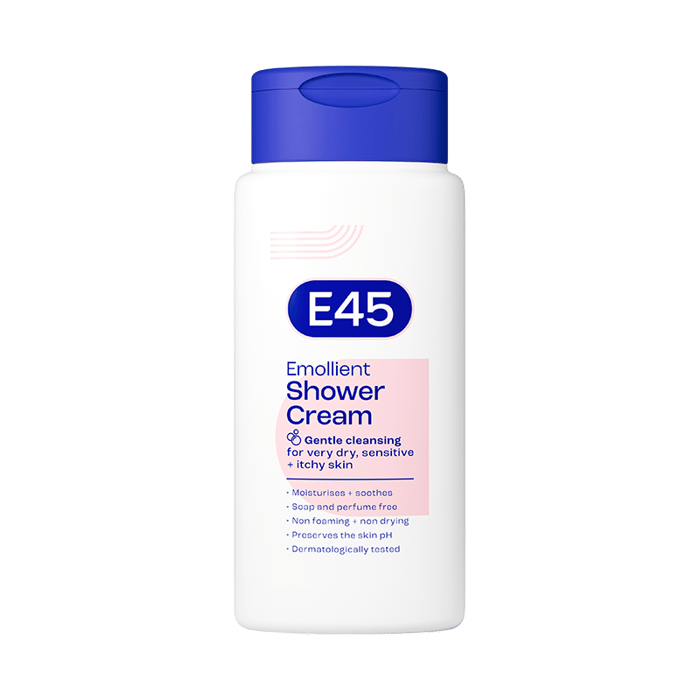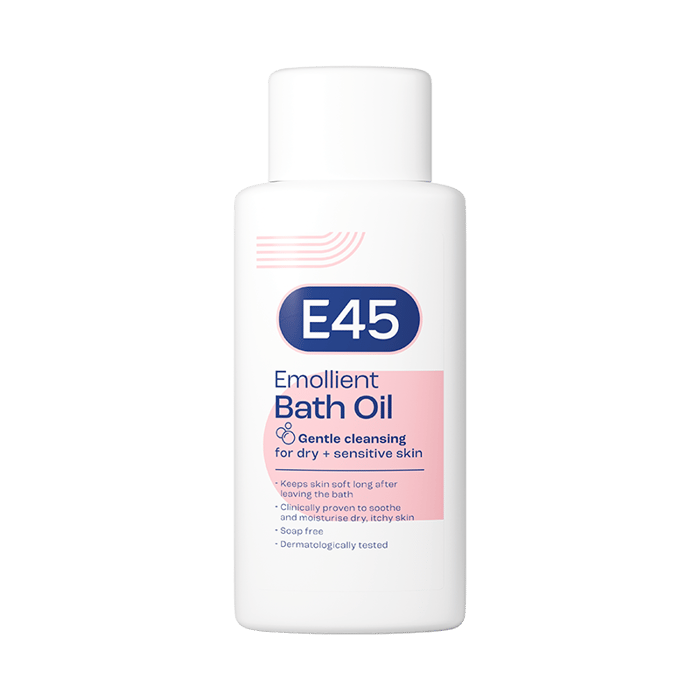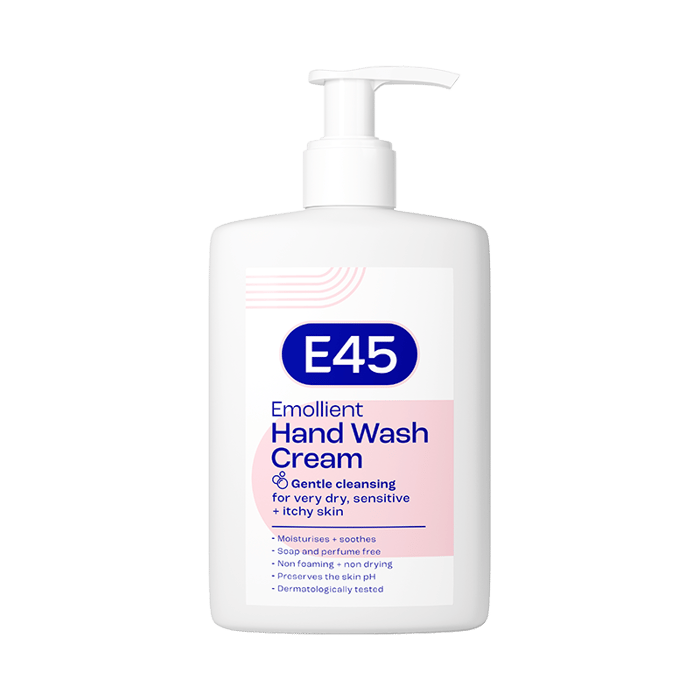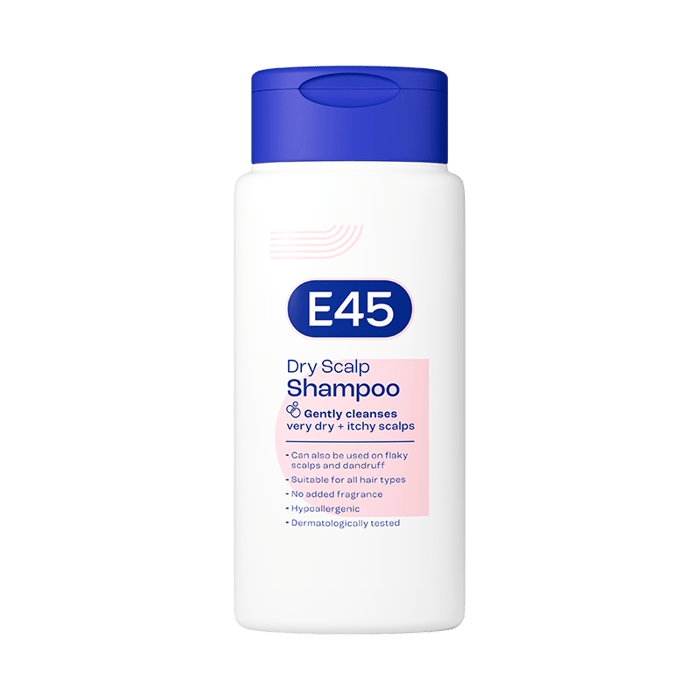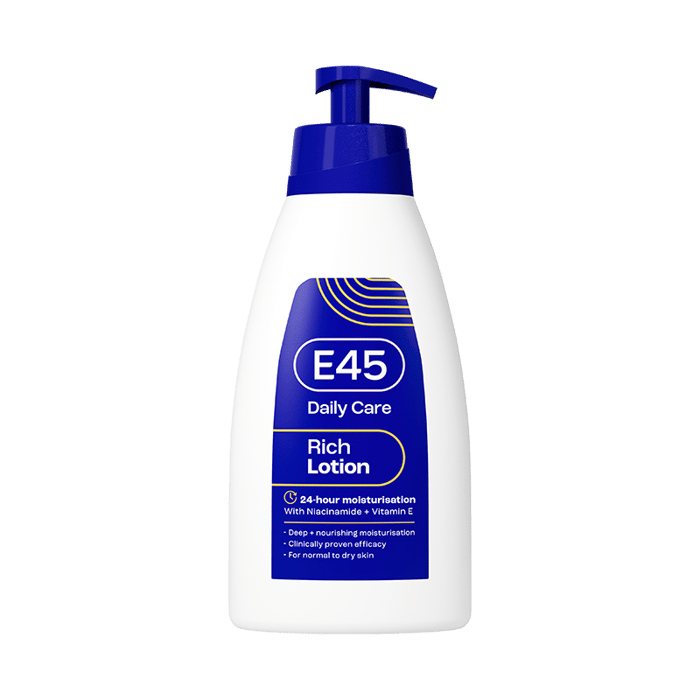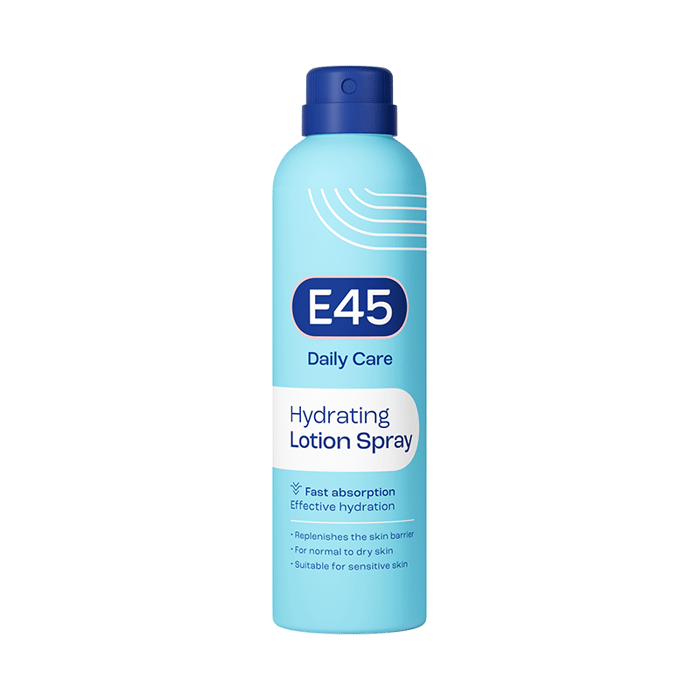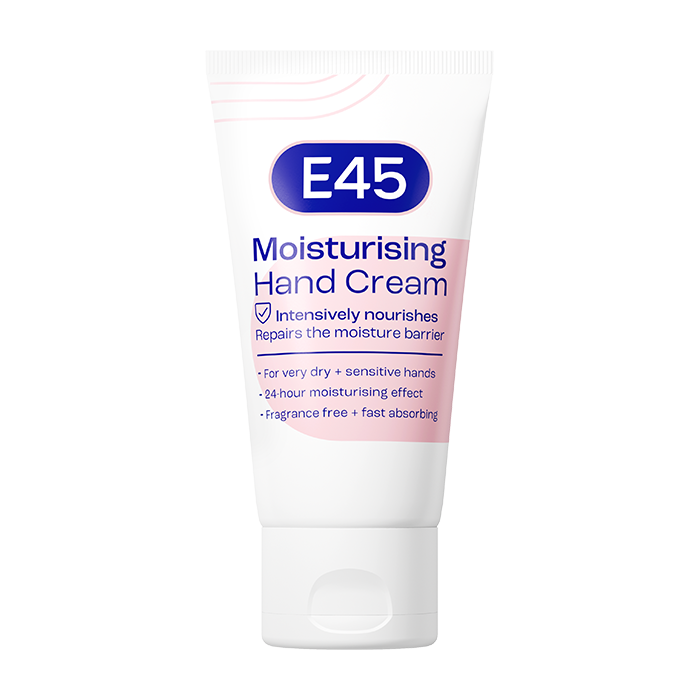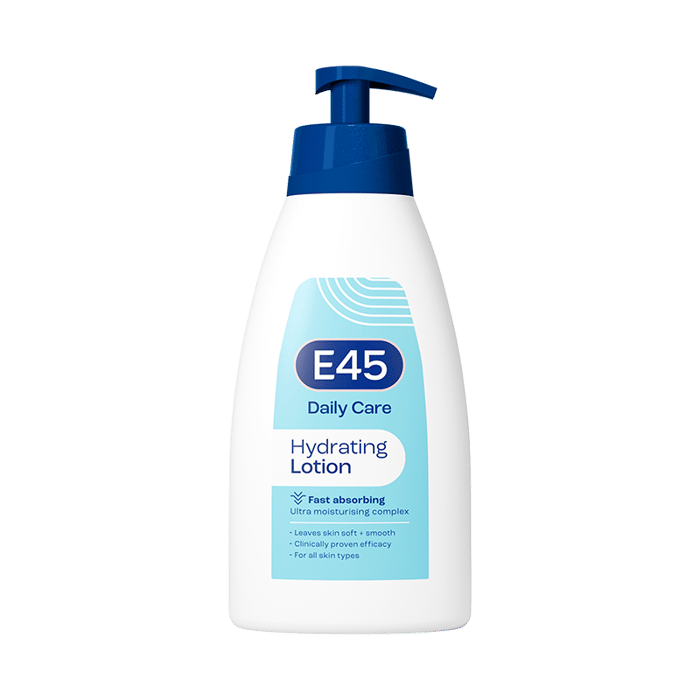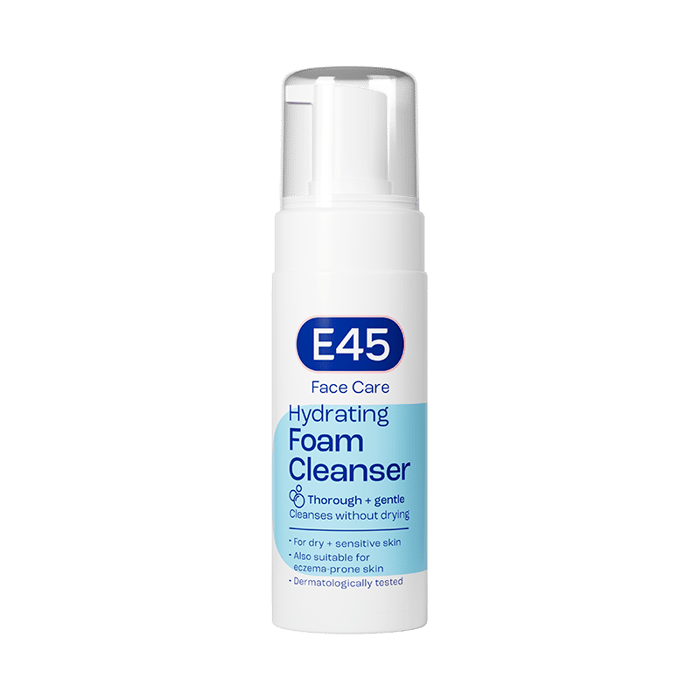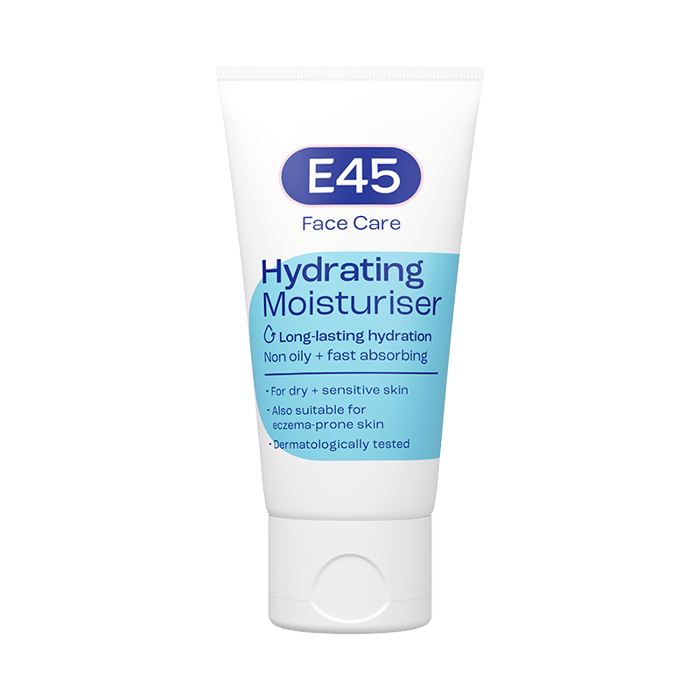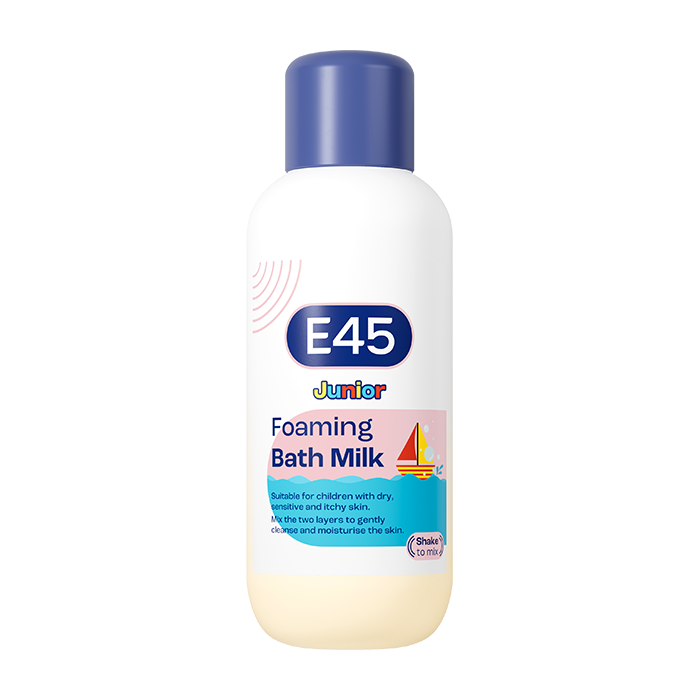Beeswax and the skin: Benefits and uses
Discover the many uses and benefits of beeswax when it comes to treating the skin. Understand more about the possible side effects and learn how to use beeswax-based products in your skincare routine.
What is beeswax?
Beeswax is a natural substance produced by honeybees to build their honeycombs. It’s a versatile ingredient widely used in skincare due to its protective, hydrating and healing properties. Beeswax forms a natural barrier on the skin, helping to lock in moisture without clogging pores. It’s packed with vitamin A, antioxidants and anti-inflammatory compounds, making it a popular choice for nourishing and soothing the skin (Source).
Is beeswax good for the skin?
Beeswax offers numerous benefits for the skin, making it a key ingredient in many skincare products such as balms, creams and lotions. It acts as a natural humectant, drawing moisture into the skin while providing a protective barrier against environmental pollutants. Additionally, beeswax has antibacterial and anti-inflammatory properties that can help to soothe irritated skin, making it ideal for conditions like eczema, acne and dry skin (Source).
Benefits of beeswax for the skin
Beeswax is packed with nourishing properties that can help to hydrate, protect, and heal the skin. Here are some of its key benefits:
1. Locks in moisture
Beeswax acts as an effective occlusive agent, forming a protective barrier on the skin’s surface (Source). This barrier helps to prevent transepidermal water loss (or TEWL), keeping the skin hydrated and soft. Unlike synthetic occlusives, beeswax allows the skin to breathe while maintaining moisture balance.
2. Soothes irritated skin
With its natural anti-inflammatory properties, beeswax helps to calm the redness, itching and irritation that’s associated with various skin conditions (Source). Its emollient nature can help to soften and soothe the skin, making it beneficial for individuals with sensitive skin or conditions like eczema and psoriasis.
3. Promotes healing
Beeswax has antibacterial properties that can help to prevent infections and promote the healing of minor wounds, cuts and burns (Source). When applied as a salve or ointment, it can help to support skin regeneration and recovery.
4. Protects the skin
By forming a protective barrier, beeswax can help to shield the skin from environmental stressors, pollutants and harsh weather conditions (Source). This barrier function can also reduce the risk of dryness and irritation caused by external factors.
5. Fights acne
Beeswax contains antibacterial properties that help combat acne-causing bacteria while its anti-inflammatory effects reduce redness, swelling and irritation associated with breakouts (Source). Beeswax is also non-comedogenic, meaning it provides hydration without clogging pores, making it a great option for acne-prone individuals looking for a natural skincare ingredient.
6. Reduces the signs of ageing
Rich in vitamin A and antioxidants, beeswax supports skin cell regeneration and promotes collagen production (Source). These properties help to maintain skin elasticity, reducing the appearance of fine lines and wrinkles and contributing to a more youthful complexion.
What skin types can benefit from using beeswax?
Beeswax is suitable for most skin types, particularly those with dry, sensitive, or acne-prone skin. It provides deep hydration without being greasy, making it ideal for people struggling with dryness or chapped skin. Its antibacterial and anti-inflammatory properties also make it beneficial for those dealing with acne, irritation or eczema (Source).
Are there any side effects?
Beeswax is generally well-tolerated by most skin types (Source). However, in rare cases, some individuals may experience allergic reactions, such as redness, itching or irritation. It’s always best to conduct a patch test before applying beeswax-based products to a larger area of your skin, and consult with a healthcare professional for tailored skincare advice.
How to use beeswax in your skincare routine
Beeswax can be incorporated into your skincare routine in many ways, depending on your skin needs. Here’s how you can use it to target different concerns:
Beeswax and dry skin
Beeswax is an excellent natural moisturiser that helps to prevent dryness and chapping. Look for lotions, balms or salves that contain beeswax to help maintain soft and hydrated skin. Apply directly to dry areas, focusing on elbows, knees, and lips.
E45’s Lips and Dry Skin Balm, made with lanolin, vitamin E and beeswax, helps the skin to regenerate and leaves the skin feeling hydrated, soft and supple. It’s a multi-purpose product that can be used on the lips, hands and body. Free from fragrance and parabens, it’s designed to be gentle on sensitive skin.
Beeswax and eczema
For eczema-prone skin, beeswax-based creams and balms help soothe inflammation and provide lasting hydration. Apply a beeswax ointment to affected areas to reduce redness, itching and irritation.
Beeswax and acne
Beeswax can help to manage acne by reducing inflammation and fighting bacteria. Use a beeswax-based face cream or spot treatment to calm breakouts and promote healing without clogging pores.
Beeswax and anti-ageing
To combat fine lines and wrinkles, use a beeswax-rich moisturiser or night cream. The vitamin A and antioxidants in beeswax help to maintain skin elasticity and smoothness over time.
Conclusion
Beeswax is a powerful natural ingredient with a wide range of benefits for the skin. Whether you’re looking to hydrate dry skin, soothe irritation or protect against environmental stressors, beeswax offers a gentle and effective solution. Its antibacterial, anti-inflammatory and antioxidant properties make it a versatile addition to any skincare routine, ensuring your skin stays nourished, soft, and healthy.
FAQ: Beeswax and the skin
Is beeswax safe for sensitive skin?
Yes, beeswax is gentle and well-tolerated by most skin types, including sensitive skin. Its natural anti-inflammatory and soothing properties make it beneficial for those prone to irritation, redness, or conditions like eczema and rosacea. However, as with any new skincare ingredient, it’s best to perform a patch test before widespread use to check for any potential allergic reactions.
Does beeswax clog pores?
No, beeswax is non-comedogenic, meaning it doesn’t clog pores. Unlike heavier occlusive agents, beeswax forms a breathable barrier on the skin, locking in moisture while allowing the skin to function naturally. This makes it an excellent ingredient for those with oily or combination skin who need hydration without exacerbating breakouts.
How does beeswax benefit dry or dehydrated skin?
Beeswax is an excellent natural moisturiser for dry or dehydrated skin. It forms a protective layer that helps to lock in moisture and prevent transepidermal water loss. Unlike synthetic occlusive agents, beeswax still allows the skin to breathe while providing long-lasting hydration. This makes it ideal for people dealing with chapped skin, winter dryness, or conditions like eczema.
Can beeswax help with anti-ageing?
Yes, beeswax contains vitamin A, a key nutrient that supports skin regeneration and cell turnover. Its antioxidant properties help protect the skin from free radical damage, which contributes to premature ageing. Regular use of skincare products containing beeswax may help improve skin elasticity, reduce fine lines and maintain a smoother, more youthful complexion.
Is beeswax safe to use around the eyes?
Yes, beeswax is often used in eye creams, balms, and natural mascaras due to its gentle and nourishing nature. It helps to protect the delicate skin around the eyes while preventing moisture loss. However, as the skin around the eyes is particularly sensitive, it’s still advisable to do a patch test before applying new products to this area.
Can beeswax be used for eczema or psoriasis?
Yes, beeswax is frequently used in balms and creams designed to soothe eczema and psoriasis. Its anti-inflammatory and protective properties help calm irritation, reduce itching and provide deep hydration to the skin. When combined with other soothing ingredients like honey, shea butter, or coconut oil, beeswax can be particularly effective for managing flare-ups.
Can beeswax be used on babies skin?
Yes, beeswax is a common ingredient in natural baby skincare products, including nappy creams and lotions. Its mild, hypoallergenic nature makes it safe for delicate baby skin, helping to soothe irritation and prevent moisture loss. However, it’s always advisable to check with a pediatrician before introducing any new skincare products to a baby’s routine.
How does beeswax compare to petroleum jelly?
Beeswax is a natural alternative to petroleum jelly, offering similar occlusive and moisturizing benefits but without synthetic ingredients. While petroleum jelly forms a completely impermeable barrier, beeswax allows the skin to breathe while still providing protection against moisture loss and environmental stressors. Additionally, beeswax contains beneficial vitamins and antioxidants, whereas petroleum jelly does not offer any added nutrients.
Sources
healthline.com/health/beeswax-uses
pubmed.ncbi.nlm.nih.gov/36999457/
onlinelibrary.wiley.com/doi/pdf/10.1111/jocd.15718
dermatologytimes.com/view/the-role-of-beeswax-in-supporting-the-skin-barrier
pdfs.semanticscholar.org/a447/20c364e08931251c969e0d3272dc15525197.pdf
pmc.ncbi.nlm.nih.gov/articles/PMC7036894/
webmd.com/vitamins/ai/ingredientmono-305/beeswax

